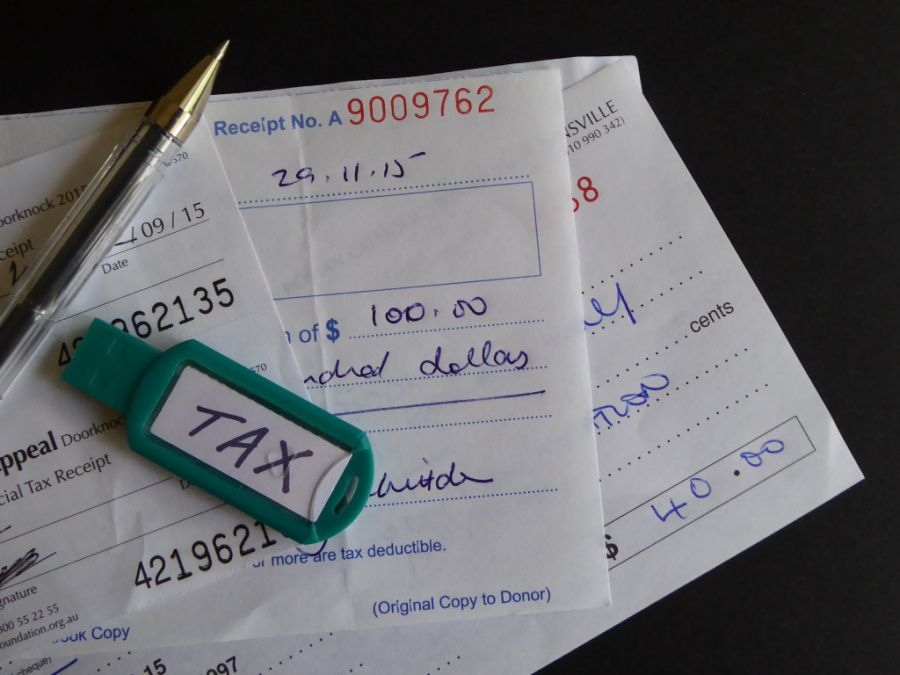Tax evasion using cryptocurrencies has increased the world over. Crypto asset spruikers tend to give false info about the income and capital gains tax liabilities so that they can cash in on buyer mania. Several countries are now looking for ways of reducing this vice that has cost the economy a lot.
For instance, tax evasion in Australia is estimated to be about $30 bln and this has cost the country around $2.5 bln in forgone tax revenue annually. In an attempt to fight this menace, the Australian Taxation Office (ATO) decided to formulate a task force of tax experts, lawyers, technology specialists, bankers and financial advisers that would help it detect, monitor and track crypto-asset transactions to guarantee that all taxes are paid.
Also, according to the Internal Revenue Service commissioner (IRS), Charles Rettig, the US is losing about $1 trillion in unpaid taxes annually and argued that the agency lacks the resources to completely identify and catch tax cheats. Tax evasion excluding crypto in the US has been about $441bln through 2018, but now the figure accumulates to nearly $1trl. So, in an attempt to crack down on tax cheats, the IRS has ordered cryptocurrency investors in the country to always report crypto transactions that are more than $10,000.
Under the federal law of the USA, it is very clear that tax evasion and tax fraud is the unfalteringly illicit attempt of a taxpayer to dodge tax assessment or pay a tax levied by Federal law. One can practise tax evasion by falsifying records, underreporting income, hiding income, purposely underpaying taxes, illegally assigning income, etc.
If caught and convicted of tax evasion, the criminal is substantially fined financially – not over $100k ($500k in the case of a corporation), or imprisoned or both. If found guilty, the cryptocurrency tax evader in the US can be sentenced to prison to serve an average jail time between 3 to 5 years.
USA can generate $700B by targeting tax cheats
The IRS regards crypto asset holdings as property for tax purposes, and this implies that Bitcoin (BTC) is now a taxable asset in the USA in the same manner as any other valuable legal assets owned such as stocks, gold, etc.
The cryptocurrency transactions are subjected to capital gains taxes – this is simply because a user is spending capital. So if a trader trading let’s say Bitcoin sells BTC when its price had declined, he would have made a capital loss.
The IRS also plans to allocate a package worth $80 bln to expand its labor pool and resources to subject stricter regulations on companies, exchanges, and individuals dealing in cryptocurrency businesses.
By doing this, the Treasury expects to generate over $700 bln from the crypto-asset industry in the next one decade – which represents about 3.27% of the US Gross Domestic Product (GDP), and greater than the GDP of some powerful countries such as Saudi Arabia, Switzerland, Argentina, Sweden, Poland, Belgium, Thailand, Iran, Austria, and many others.
Source: Read Full Article

